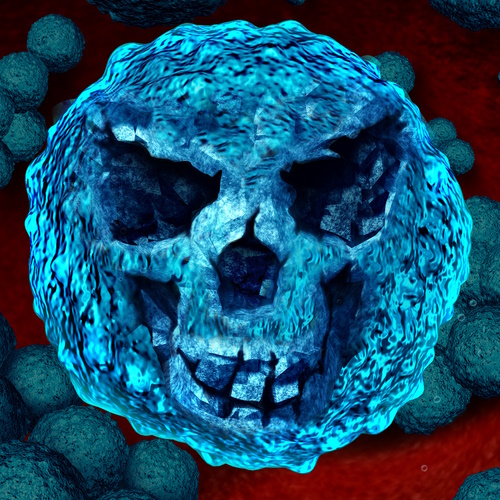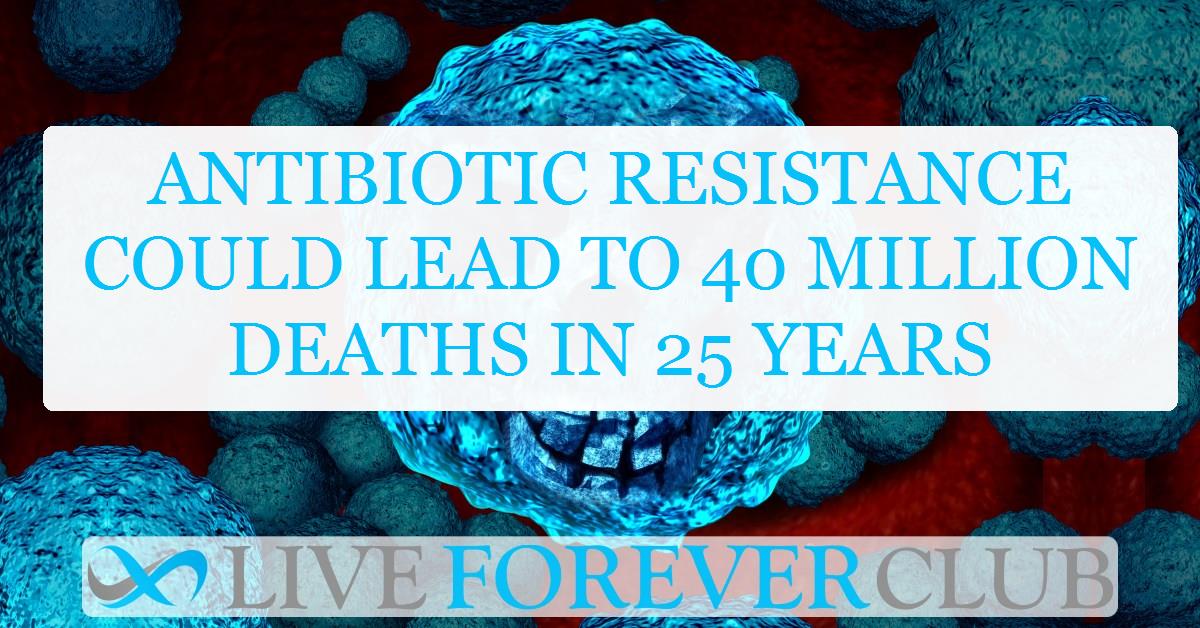Key points from article :
Dame Sally Davies, England’s former chief medical officer, has issued a stark warning about the growing threat of antimicrobial resistance (AMR), which could claim 40 million lives over the next 25 years. Currently causing about a million deaths annually, AMR-related mortality rates are set to double, with older populations particularly at risk—deaths in those over 70 have risen 80% since 1990. The misuse of antibiotics in agriculture is a significant driver of resistance, with 70% of antibiotics globally given to livestock. This creates environments where bacteria evolve to resist antibiotics, spreading through waterways, soil, and even air. Poor sanitation in hospitals further exacerbates the problem.
Bacteria’s rapid mutation allows them to develop and share resistance genes, making existing antibiotics less effective. Despite the urgent need for new antibiotics, pharmaceutical companies are reluctant to invest because these drugs are used sparingly, unlike treatments for chronic conditions, which generate higher profits. No new classes of antibiotics have entered routine use since the 1980s, leaving the world vulnerable to resistant infections.
Davies emphasizes that routine medical procedures, such as surgery and childbirth, could become life-threatening without effective antibiotics. She calls for a global push to develop new antibiotics and stricter measures to curb misuse in humans and animals. Although the G7 recognizes the crisis, Davies insists that current efforts fall short of what’s needed to address the issue. Immediate action is essential to prevent AMR from undermining modern medicine.
This urgent warning underlines the need for coordinated international efforts to tackle AMR before it leads to devastating global consequences.





